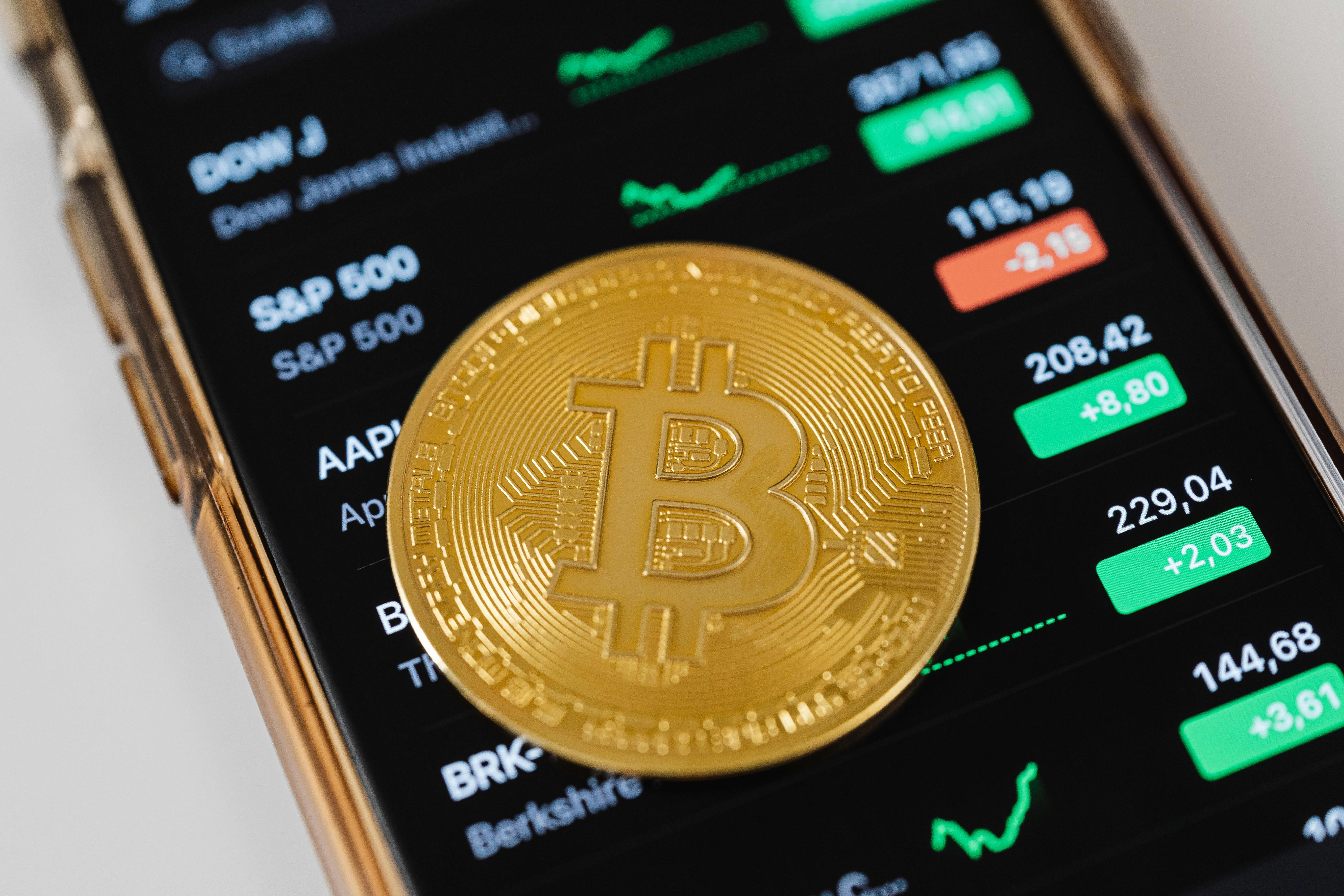
Blockchain in Smart Contract Dispute Resolution: Transforming Legal Frameworks in DeFi
Blockchain in Smart Contract Dispute Resolution: Transforming Legal Frameworks in DeFi
The Evolution of Dispute Resolution in Decentralized Finance
The rapid emergence of decentralized finance (DeFi) has fundamentally transformed traditional financial interactions, introducing complex challenges in contractual dispute resolution. Blockchain technology provides unprecedented opportunities to create transparent, immutable, and efficient mechanisms for managing legal conflicts in digital ecosystems.
Modern smart contract dispute resolution leverages advanced cryptographic techniques and algorithmic protocols to address potential disagreements between transacting parties. Unlike traditional legal frameworks, blockchain-based solutions offer near-instantaneous, algorithmically mediated resolutions that minimize human intervention and potential bias.
Key Technological Frameworks for Smart Contract Arbitration
Decentralized Arbitration Protocols
Several innovative protocols have emerged to address dispute resolution in blockchain environments. Platforms like Kleros, Aragon Court, and Jur have developed sophisticated mechanisms that enable decentralized, consensus-driven arbitration processes. These systems utilize token-based governance models where independent arbitrators stake cryptocurrency to validate and resolve contractual disputes.
Cross-Jurisdictional Legal Considerations
International jurisdictions like Switzerland, Liechtenstein, and the Cayman Islands have developed progressive regulatory frameworks that recognize blockchain-based dispute resolution mechanisms. These jurisdictions provide legal certainty and enable sophisticated smart contract implementations across complex transnational environments.
Market Analysis and Statistical Insights
| Metric | 2023 Value | Projected 2024 Growth |
|---|---|---|
| Total DeFi Dispute Resolution Volume | $178M | 42% |
| Blockchain Arbitration Platforms | 17 | 24 |
| Average Resolution Time | 72 hours | 48 hours |
Emerging Technologies and Future Implications
Advanced machine learning algorithms and artificial intelligence are increasingly being integrated into blockchain dispute resolution frameworks. These technologies enable more nuanced, context-aware arbitration processes that can evaluate complex contractual scenarios with unprecedented accuracy.
Top Blockchain Dispute Resolution Protocols
-
Kleros: A decentralized court system providing cryptoeconomic incentives for fair dispute resolution.
-
Aragon Court: Enables subjective dispute resolution through token-based governance mechanisms.
-
Jur: Offers global, blockchain-powered legal infrastructure for smart contract arbitration.
Technological and Legal Challenges
Despite significant advancements, blockchain dispute resolution faces critical challenges including scalability, standardization, and cross-jurisdictional recognition. Technical limitations and varying regulatory environments continue to pose complex implementation obstacles.
RWA.codes: Advanced Blockchain Solutions
At RWA.codes, we specialize in developing sophisticated blockchain infrastructure that addresses complex legal and technological challenges. Our expertise spans tokenization, smart contract development, and innovative dispute resolution mechanisms tailored to emerging digital economies.
Our multidisciplinary team combines deep technological knowledge with legal expertise, enabling us to create robust, compliant blockchain solutions that meet the most demanding regulatory and operational requirements.